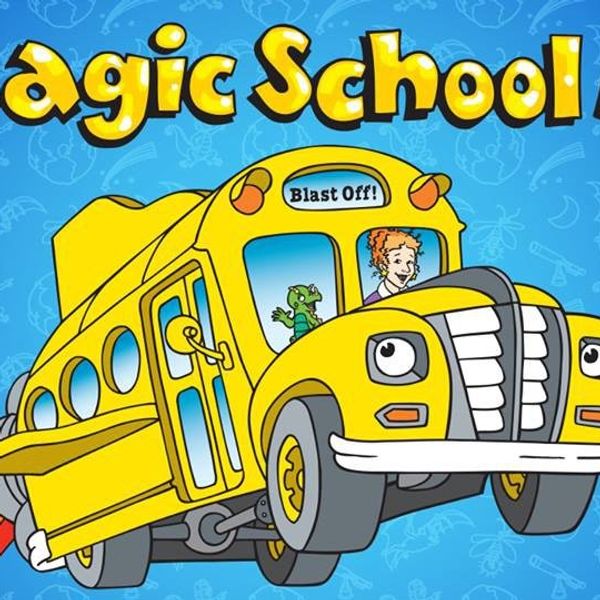It's no secret that the English language is confusing and pretty much impossible to learn if you're not a native speaker (I'm so impressed by anyone who can learn English as their second language and speak it well).I'm pretty sure that whoever came up with all these words that sound and are spelled similar, or all these rules that just simply don't make sense, just wanted to see people struggle.
1. Racket or racquet?
Can someone tell me which one is right?
2. Reckless or wreck-less?
If you're reckless, you won't be wreck-less.
3. Accept or except
They accept everything, except that.
4. Affect or effect?
The effects affected her.
5. Your or you're
You're going to your house?
6. To, two, too (and TUTU)
Here's a fun story: Before her first dance recital, the little girl went TO McDonald's and ate TWO TOO many French Fries in her TUTU.
7. The word abbreviation
The word that means a shortened version of a word, is 12 letters long, and has its own abbrev. What???
8. Their, they're, there
They're going to their house, which is over there.
9. Defiantly or definitely?
If I see one more post or tweet with defiantly or defanitely instead of definitely, I'm throwing my phone off a bridge.
10. What is a playwright?
It’s a person who WRITES plays, not a person who wrights plays. So who thought this spelling made sense?
11. Though, rough, bough, cough, through
So... what does -ough actually sound like?
12. Break and brake are pronounced the same, but leak and lake are pronounced differently.
This is the same for steak or stake, and beak or bake.
13. Lie, lay, laid, and lain: Let's get this straight, once and for all.
Here's how we're supposed to use the verb lie: He lies down on the bed. In past tense, he lay down on the bed. Or, he had lain down on the bed. Lie is an active verb meaning to recline oneself.
Now here's how we're supposed to use the word lay. He lays down the blanket. In the past tense, he laid down the blanket. Or, he had laid down the blanket. Lay is a passive verb meaning to set something down. Ya learn something new everyday.
14. It's rough, not ruff, but it's stuff, not stough
Also, it's tough, not tuff but it's bluff, not blough.
15. Lose or loose
Another common misspelling that I wish people would get right.
16. Bologna rhymes with phony or pony.
But cache and ache don't rhyme. Completely logical.
17. Groan vs. grown
She groaned because she had grown so tall.
18. Also, another thing about groan.
There's groan and loan, but then there's tone, bone, and phone instead of toan, boan, and phoan.
19. Farther and further are not synonyms.
She travelled farther than him. He explained the situation further.
20. Tear rhymes with tier, but it doesn't rhyme with tear.
21. Most contractions are actually really stupid and grammatically incorrect.
Don't you dare! — Do not you dare..?
Can’t you do this for me? — Can not you do this for me..?
22. Knight, know, and knife
Who decided that K's would be silent after N's?
23. It's rude, not rewd, but it's lewd, not lude.
The consistency of the English language is actually incredible.
24. Gage and gauge are pronounced the same, but gaze and gauze are pronounced differently.
Is it a guessing game to figure when to pronounce the "u"?
25. Flee and flea.
I hope the fleas will flee from my dog's fur.
26. "I before e except after c."
What about their, heir, heinous, feisty, sleigh, weird, and the multitude of other words that don't follow this rule?
There are so many more weird problems with the English language than just the few I've listed here, but I should probably stop before I give anyone a headache. Yay English!


















